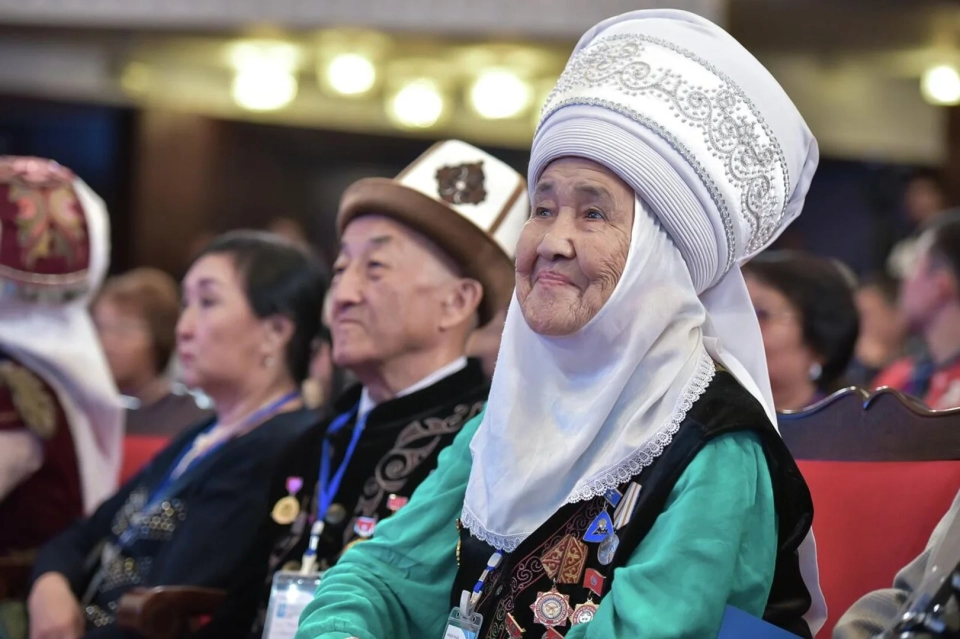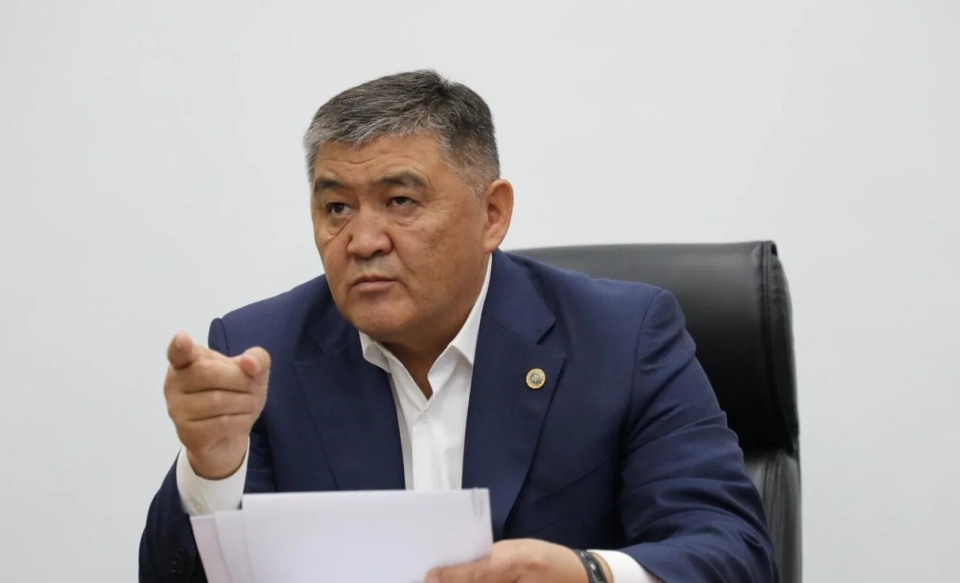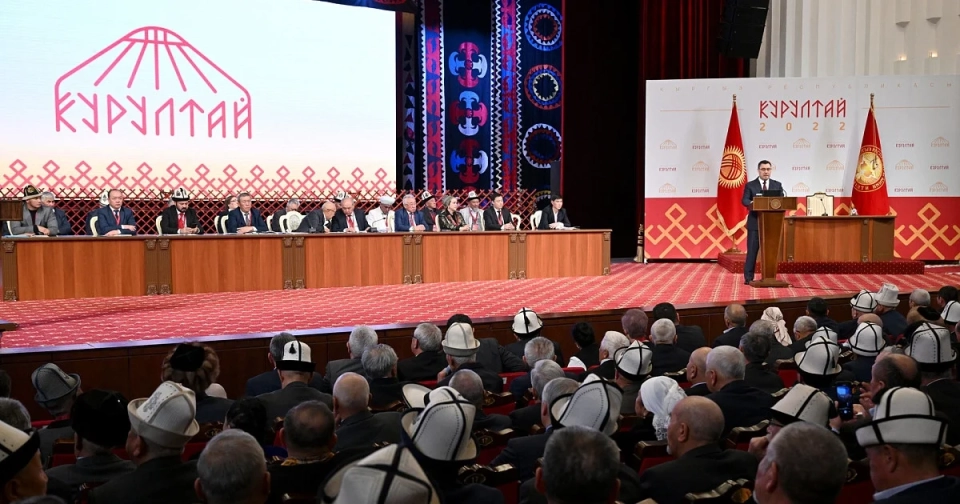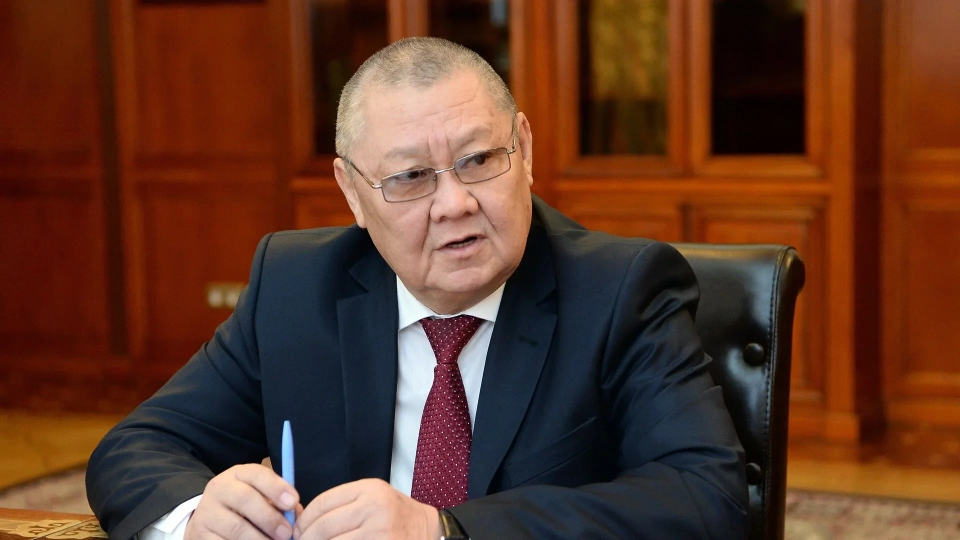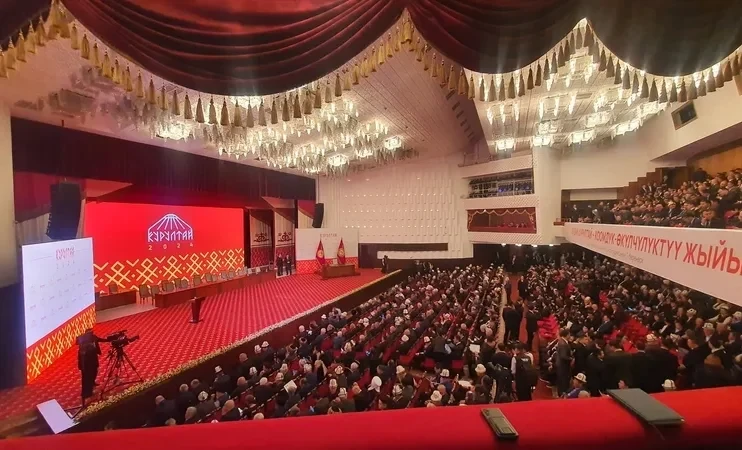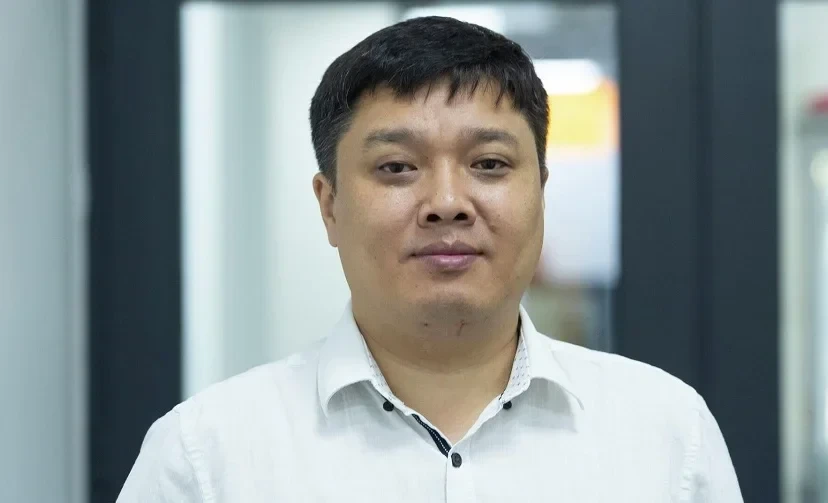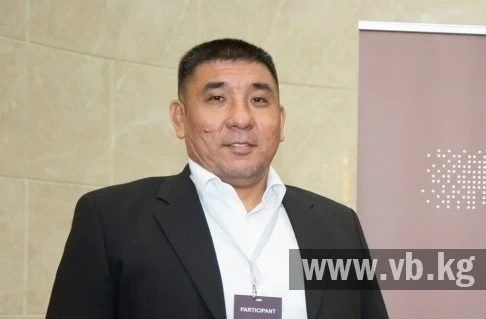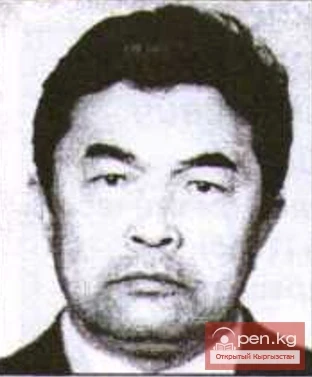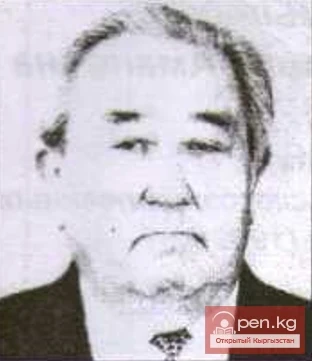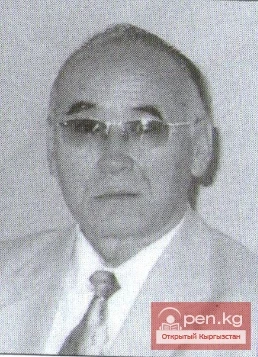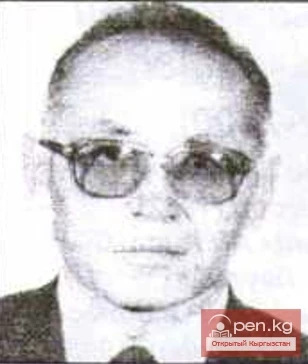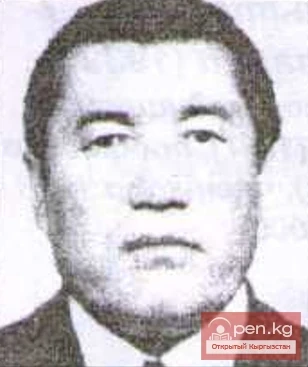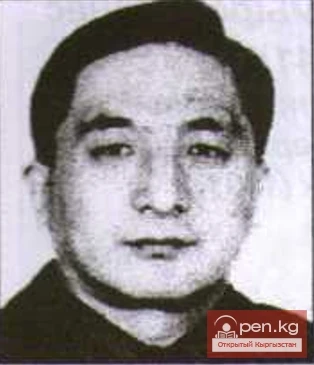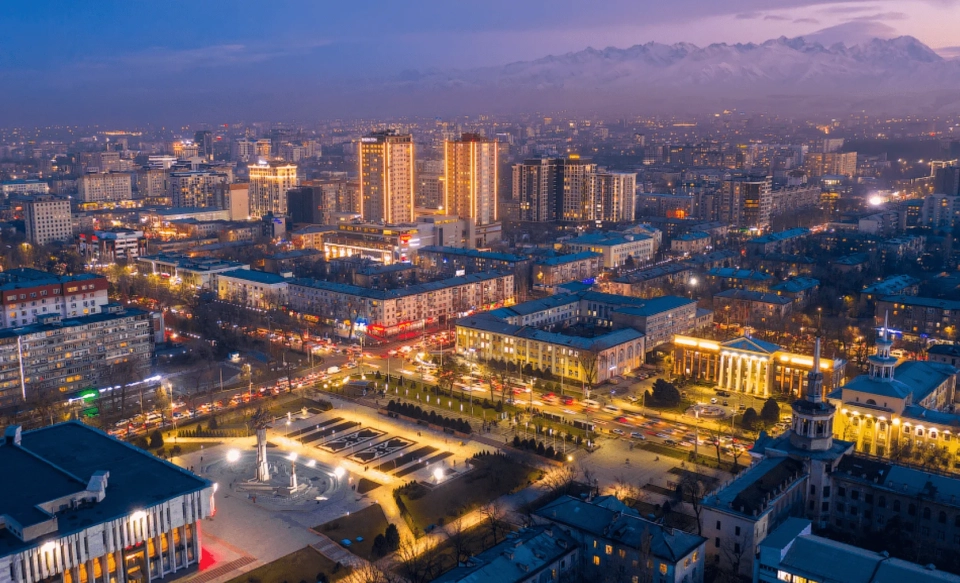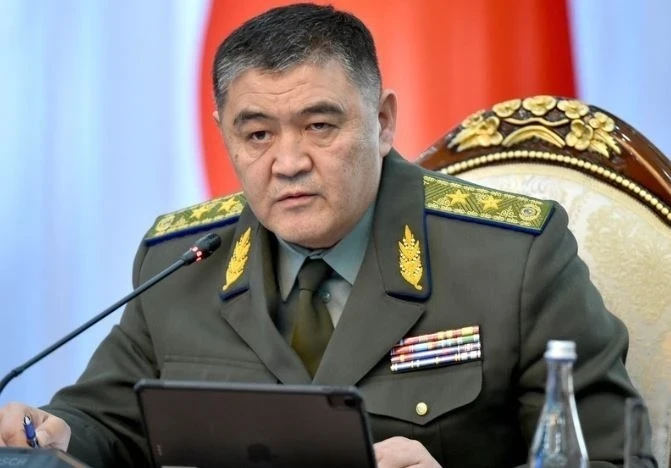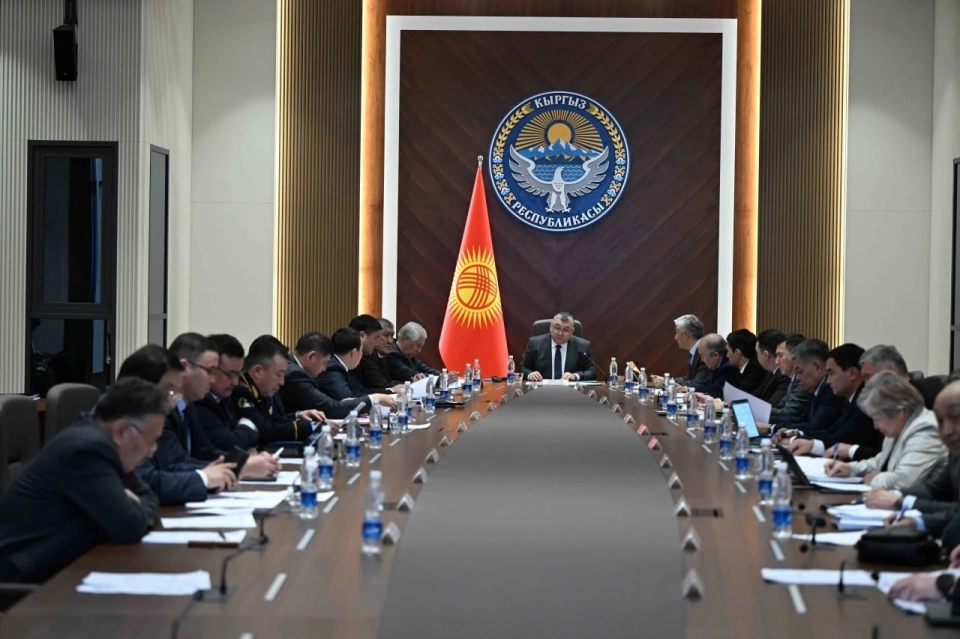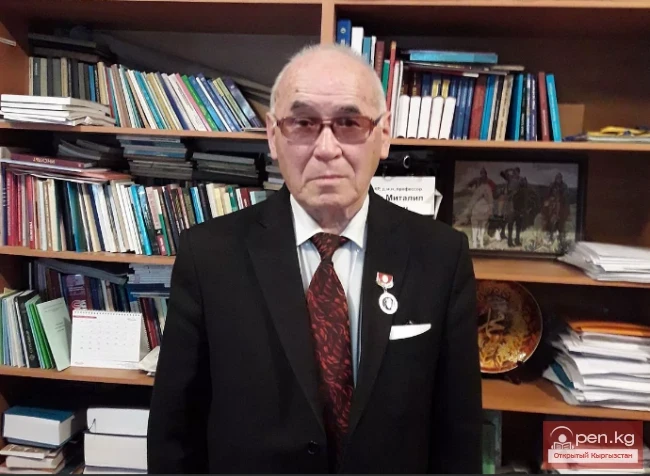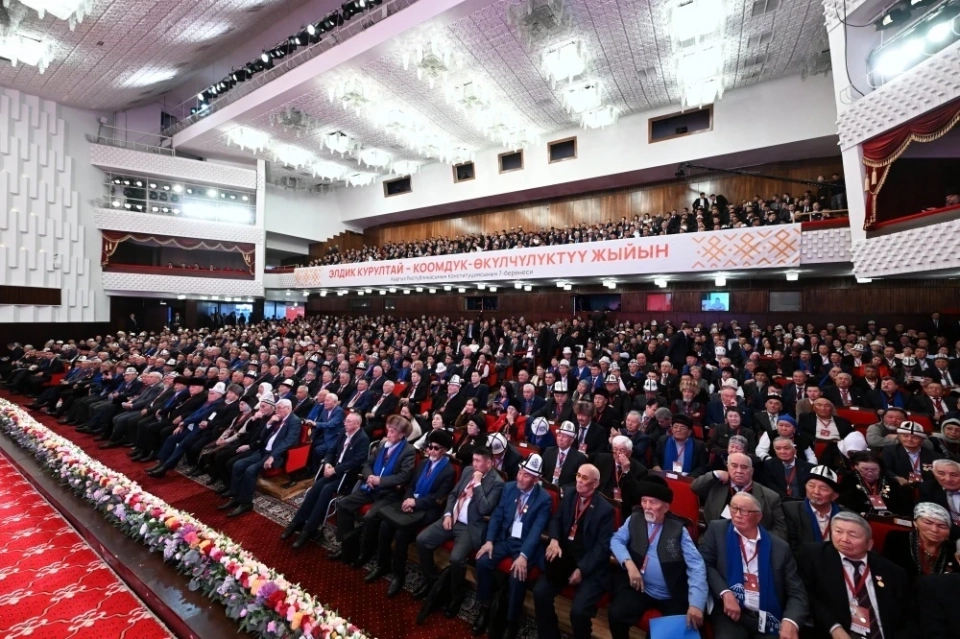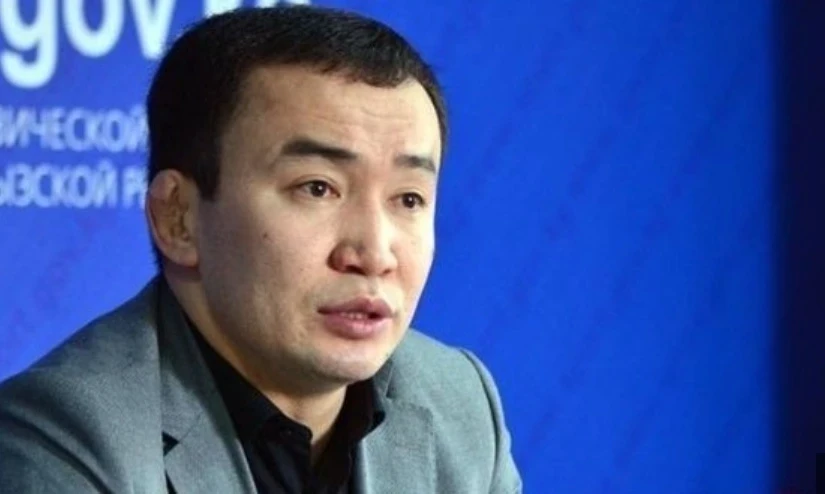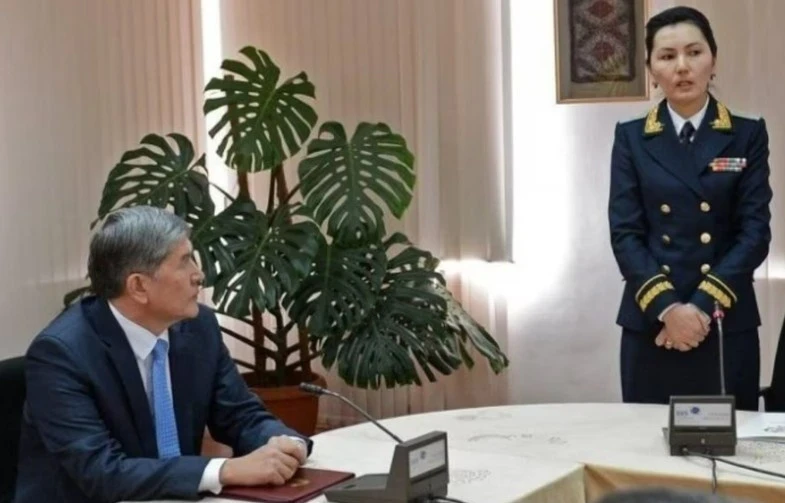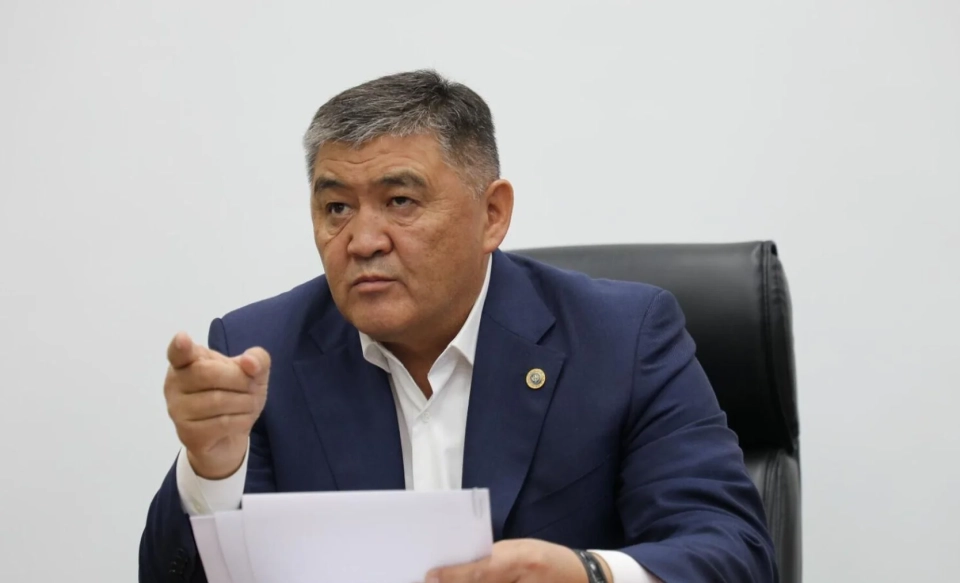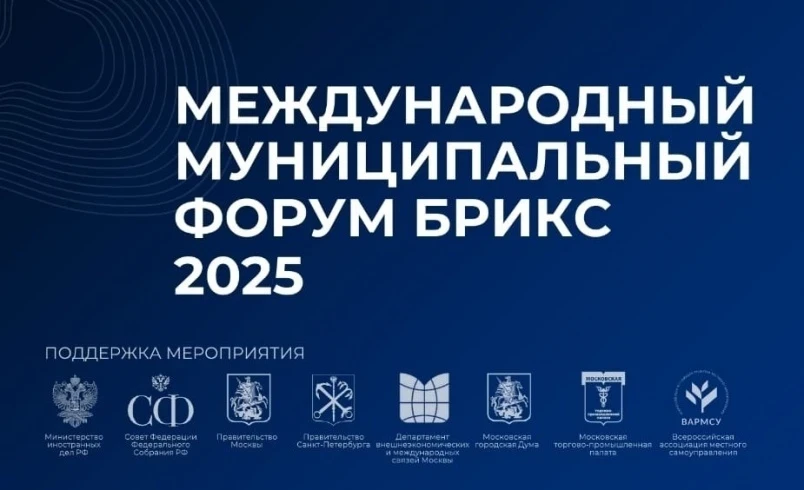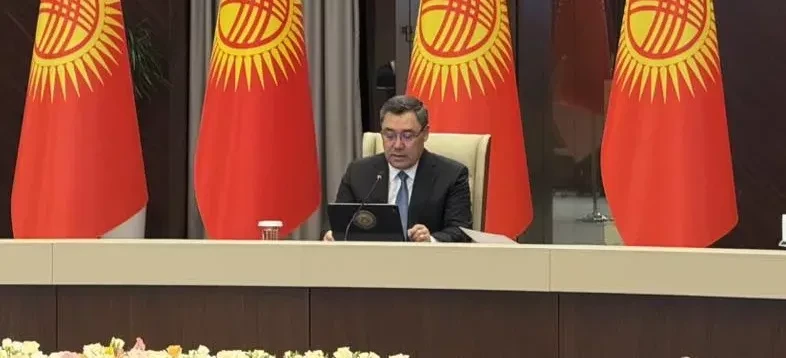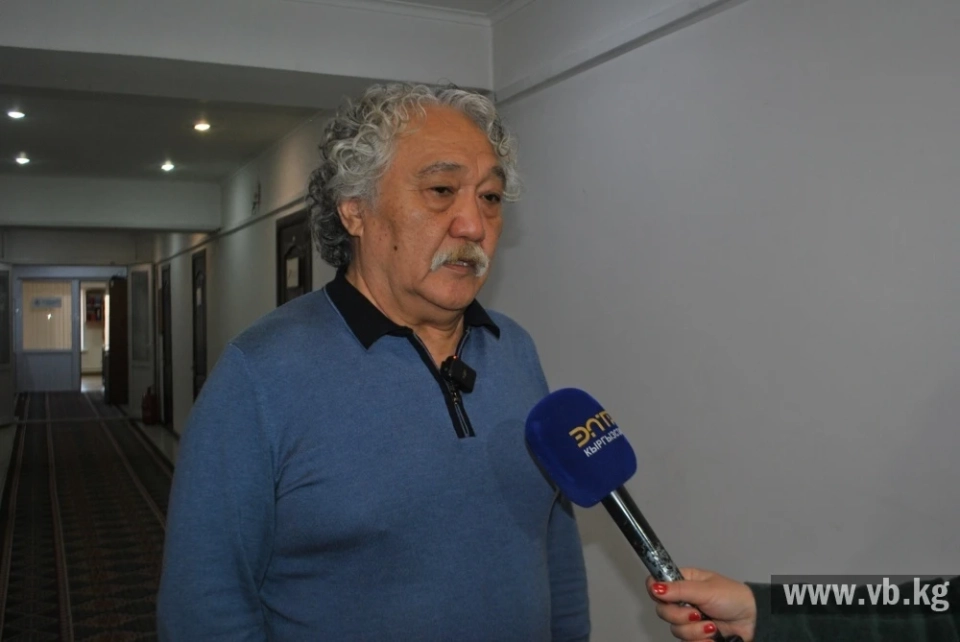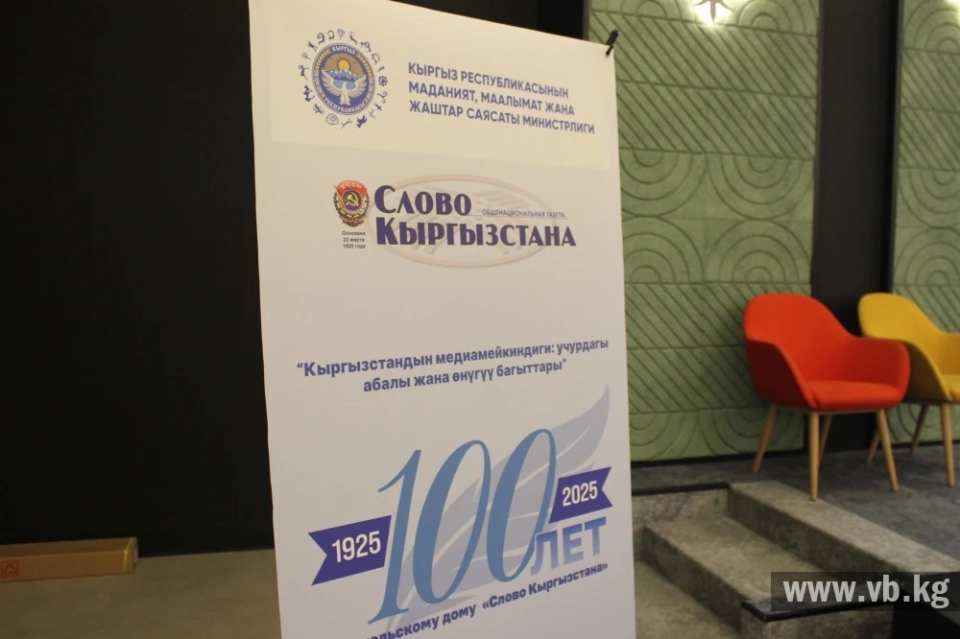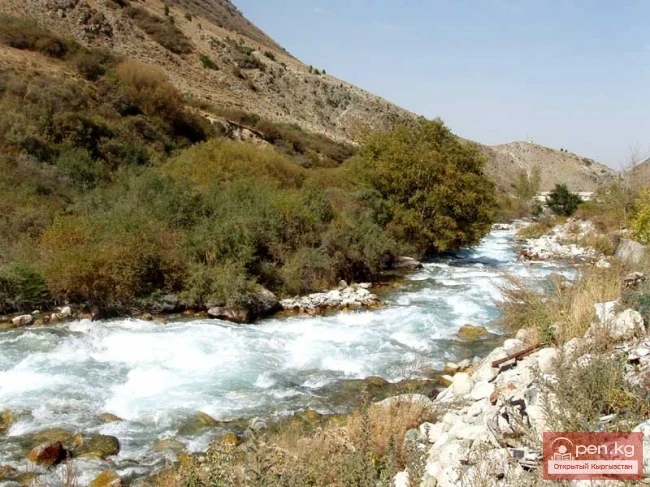The initiative to convene a Kurultai in Kyrgyzstan is viewed as a way to adapt the traditional mechanism of the people's assembly to the modern conditions of state governance. This opinion was expressed by Tokon Mamytov, a doctor of political sciences and a prominent statesman, in an interview with the "Kabar" agency.
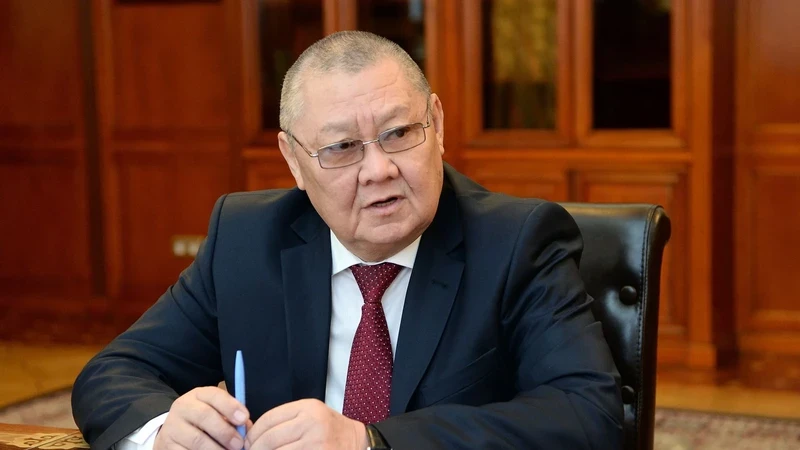
According to Mamytov, the Kurultai has historically served as a platform for collective decision-making that reflects the interests of various clans and tribes. In the conditions of the 21st century, it can represent a new form of political participation that allows citizens to influence key state decisions.
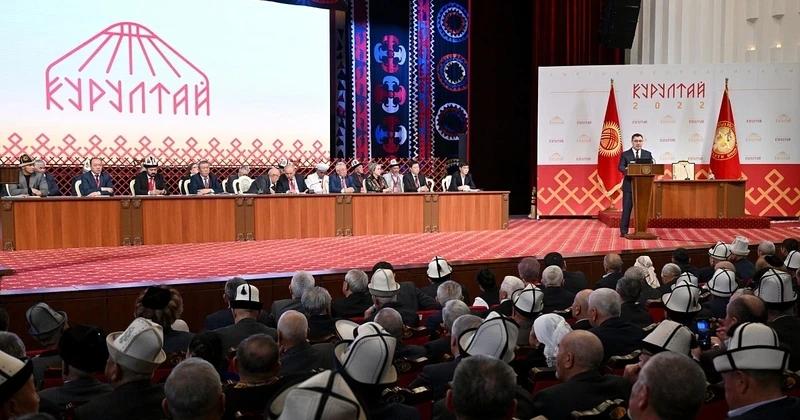
Mamytov also noted that from a political science perspective, the Kurultai could serve as a consultative body that legitimizes power, integrates various groups, and ensures communication, provided that the principles of transparency and representativeness are observed. In the face of modern challenges, from international competition to social and economic risks, the Kurultai has the potential to become a platform for achieving national consensus and forming a unified development agenda.
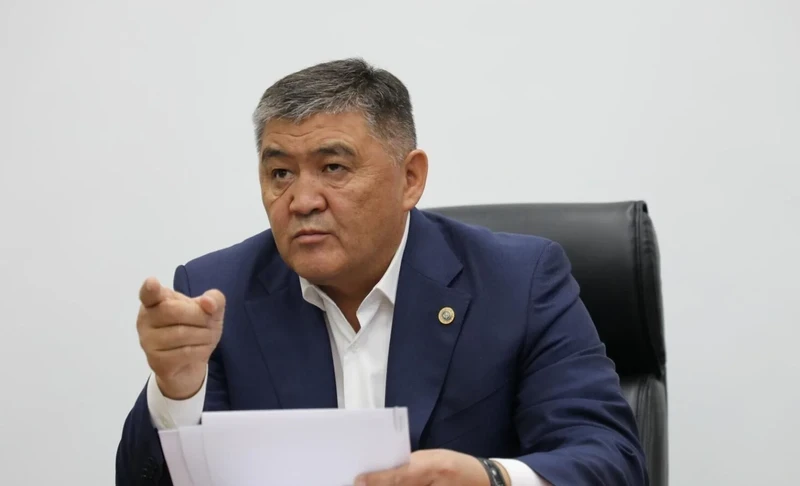
He also mentioned the recent statement by the Deputy Prime Minister Kamchybek Tashiev about the inadmissibility of using clan identity in politics, which sets an important vector for future changes. Mamytov emphasized that clan affiliation is part of cultural heritage, but its use for political purposes can lead to destabilization.
“Tashiev's position reflects the intention to create a unified civic identity and avoid societal fragmentation, moving towards the principles of meritocracy in governance,” added Mamytov, noting that this is a step towards more modern and institutional forms of political organization.
The expert emphasizes that achieving these goals requires structural reforms, including transparent competitions for public positions, strengthening parliamentary and judicial bodies, ensuring equal access to educational and public services, developing media literacy, and forming national values.
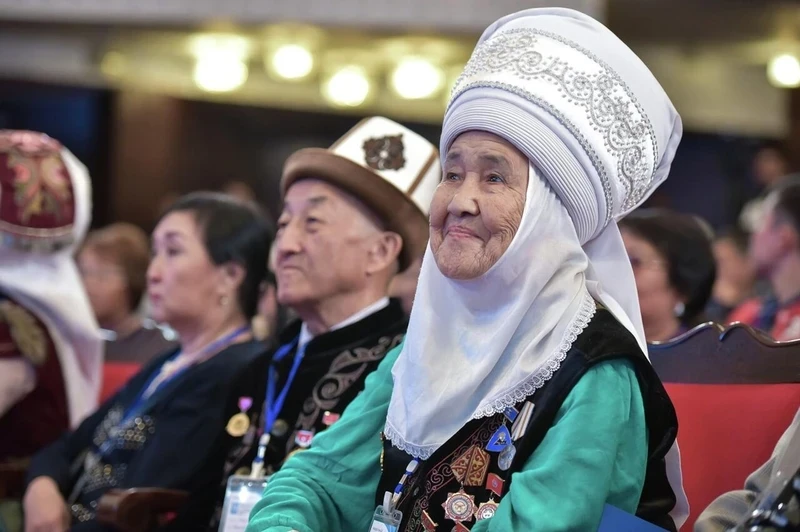
The planned Kurultai and the recent statement by the head of the State National Security Committee are seen as interconnected components of a single process of modernization of the state system. These changes could contribute to strengthening national unity, creating a civic nation, and improving political stability in the country. It is important for the Kurultai to become a real tool for dialogue, and for the rejection of clan politics to become a practical and institutional step.
